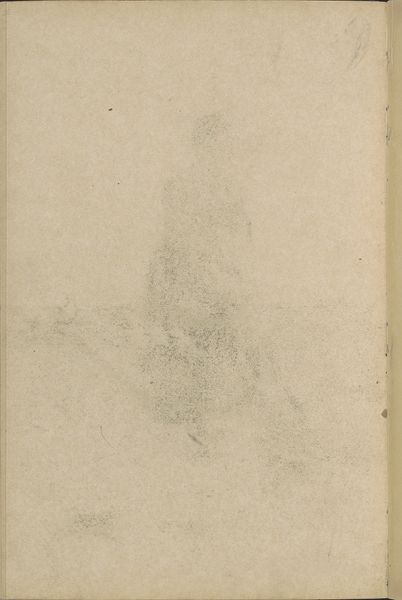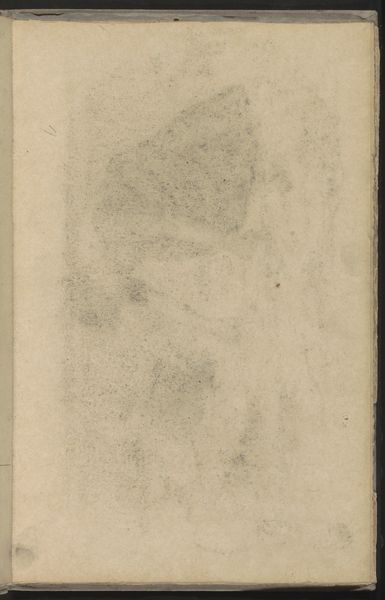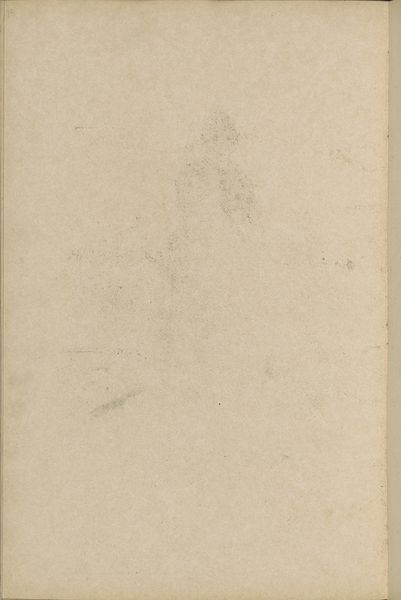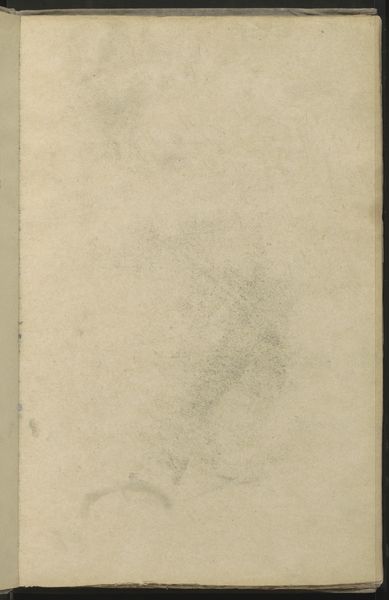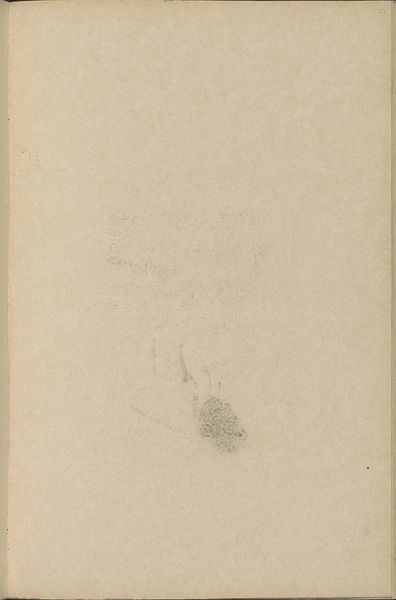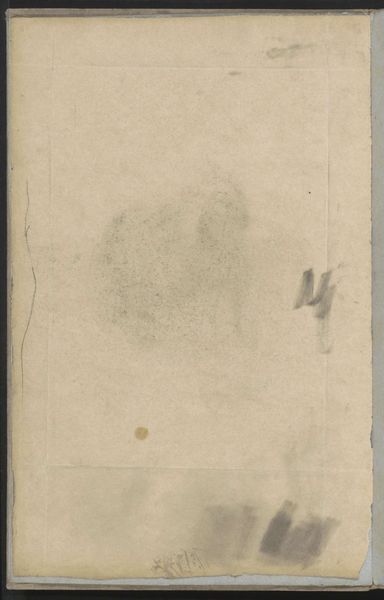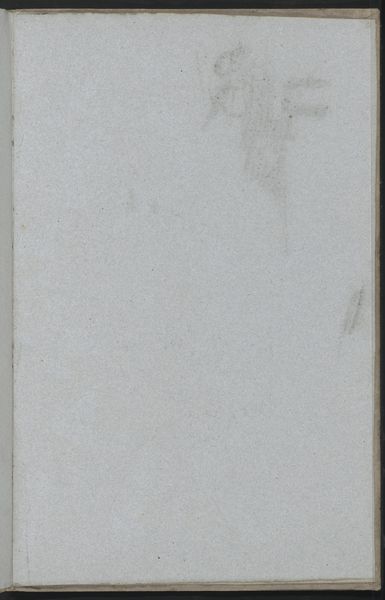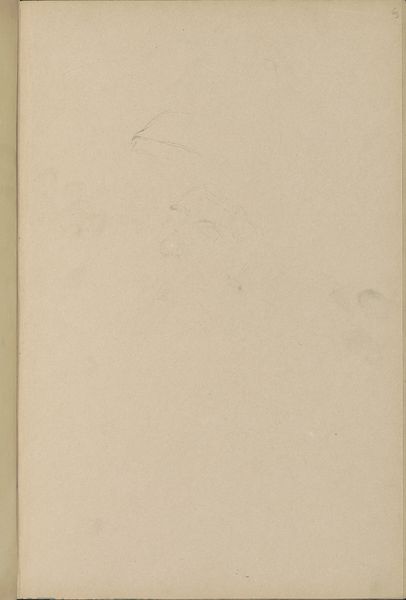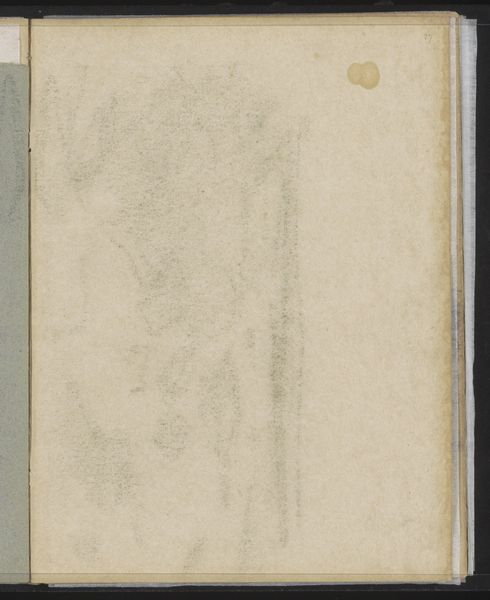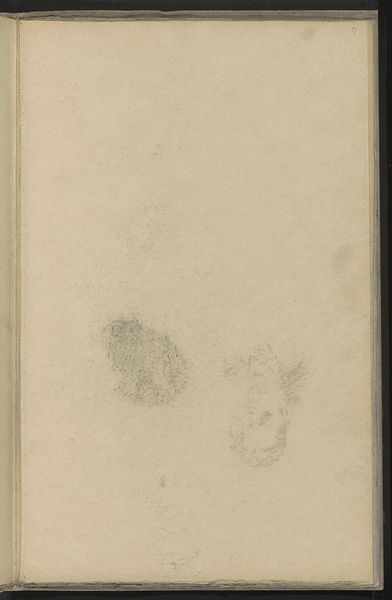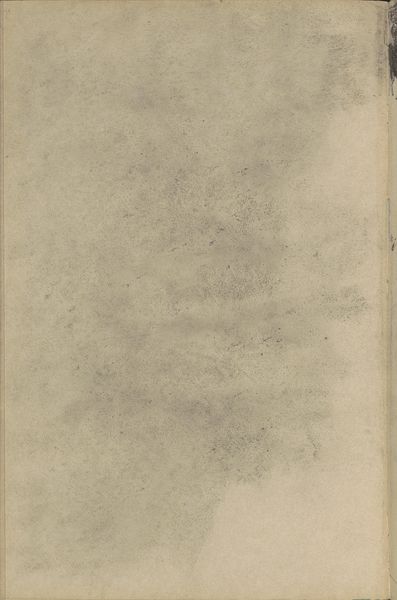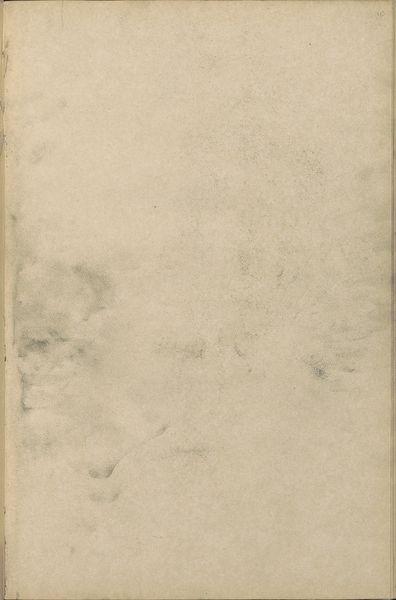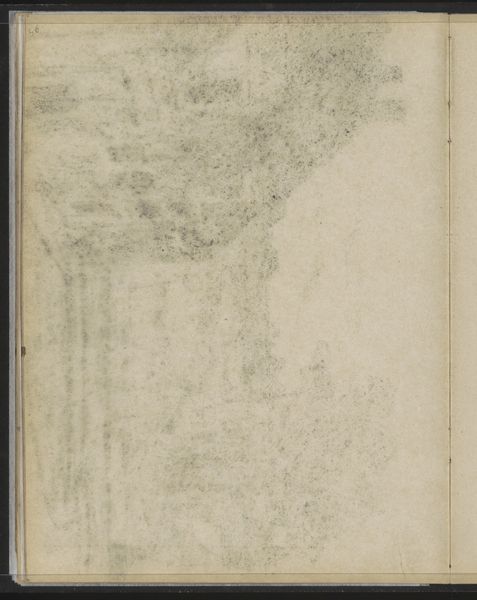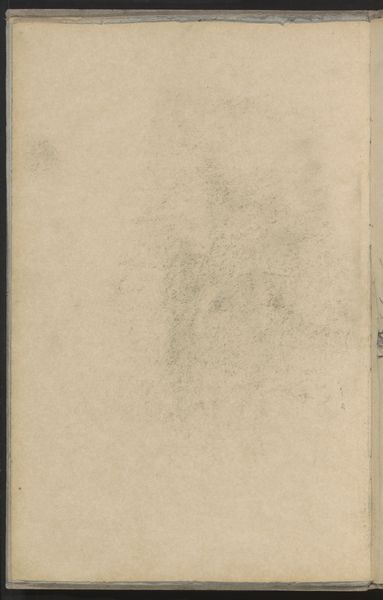
drawing, paper, ink, pencil
#
portrait
#
drawing
#
impressionism
#
landscape
#
paper
#
ink
#
pencil
Copyright: Rijks Museum: Open Domain
Editor: Here we have Willem Witsen's "Studieblad," made around 1886, using ink and pencil on paper. It's... faint. Almost ghostly, actually. I’m curious, what am I missing here? What do you see in this seemingly unfinished piece? Curator: I see a ghost of an idea, you are right. The Impressionists were radical because they dared to show the process. Witsen wasn't simply capturing a scene; he was interrogating how we *see* it. Consider the social context: the rapid industrialization, the rise of photography… Artists were grappling with new ways of representing a world that was itself changing at an unprecedented pace. This "unfinished" quality… isn't it a reflection of the fragmented experience of modernity itself? What is being studied in this image, do you think? Is it land, a person, light, time? Editor: That's a good point; maybe the subject *is* the study itself. So, the haziness is intentional, a commentary on perception rather than a lack of skill? Curator: Precisely! It's also vital to consider the potential queer subcultures that Witsen inhabited and portrayed, often indirectly, during this time. The intimacy and subtlety become a kind of coded language. Does understanding Witsen’s potential place in such circles alter how you interpret this "study?" Editor: It adds another layer, definitely. Knowing that, the faintness could also be a form of discretion, a deliberate hiding in plain sight. I hadn't considered that. Curator: Exactly! The aesthetic becomes a political and personal statement. These study pages, and other images of landscape in that time, might offer space for reflecting on identity, community and place at a historical turning point. Editor: So, beyond just technique, it's about questioning what representation itself means, and who gets represented. I will need to reflect on this piece, thank you. Curator: It has been my pleasure, too. And remember, art always invites further inquiry.
Comments
No comments
Be the first to comment and join the conversation on the ultimate creative platform.
